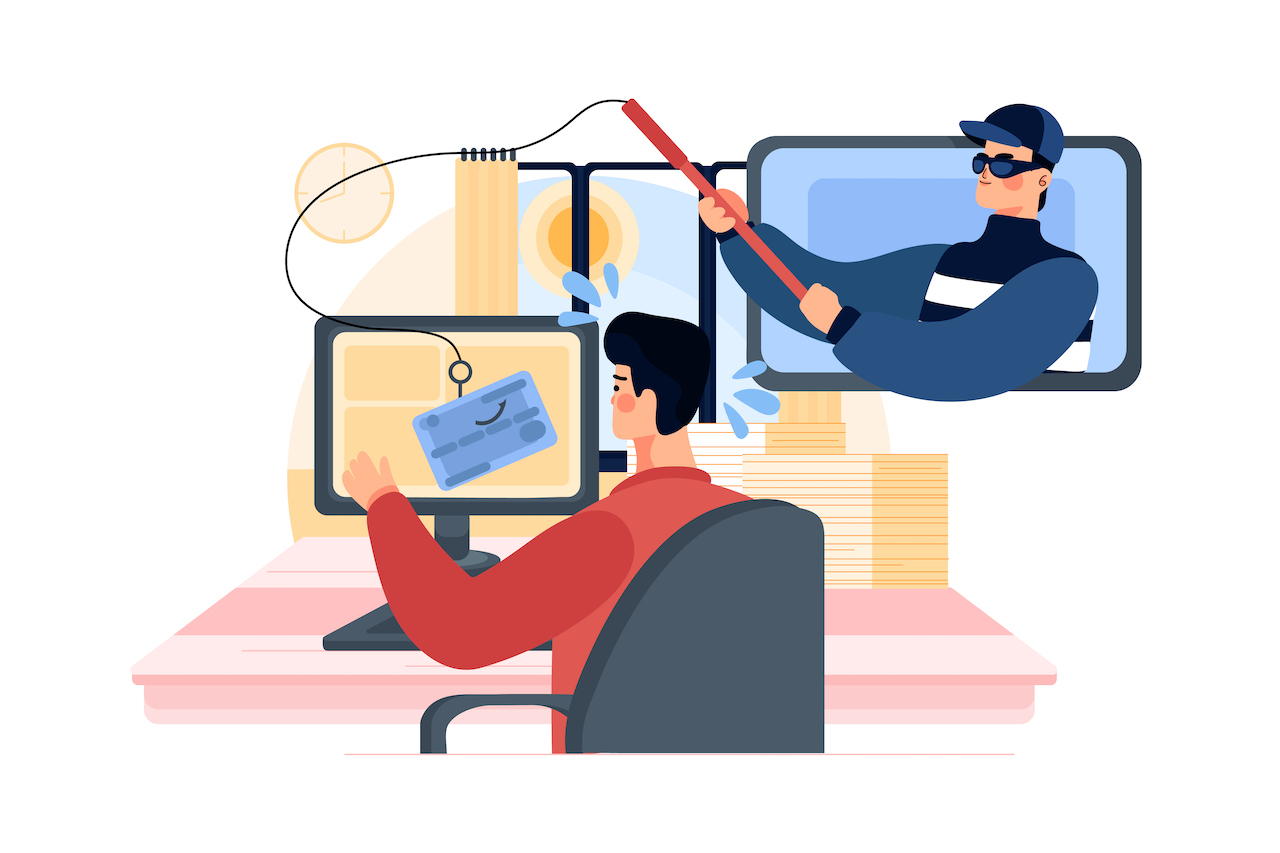Your Identity, Their Crimes - The Alarming Sophistication of Identity Theft (Part I.)

We've all come across the existential inquiry of "who am I."
If we examine the philosophical aspect of that paradigm, we'll still be left with more question marks than one concrete answer. However, from a constitutional outlook, the answer to this question is abundantly clear, leaving no room for errors or uncertainty. We are a forename and a last name, yet most importantly, we are a social security number.
We are given a little document with our birth date, name, address, nationality, and a particular configuration of numbers specified only to us that no one else in the world has.
In the eyes of the law, government institutions, including healthcare, tax obligations, and any other official authorities, this sequence of numbers is our identity and ours only. But is it?
The answer to that is supposedly simple, easy, and enshrined in law. Still, the alarming phenomenon of identity theft spreads like fire, making us worried about our "one" identity we were confident is protected and unbreachable.
But what is identity theft?
First, let us say identity theft is one of the most sophisticated forms of crime because it makes it possible for a stranger to commit a crime by pretending to be another person. Also, it is very tricky for the victim to prove that he is not the one who committed the crime.
Identity theft falls under the definition of fraud. It is carried out by stealing the identity one is defined by law and using it as another person's identity. The criminal pretends to be someone else, using someone else's social security number and private information to operate the victim's assets, identity, benefits, and perks.
This has become a widespread type of crime committed online.
While we shifted to the digital world, implementing multiple services to perform remotely, like managing our credit card accounts, banking accounts, payments, standing orders, various registrations, and even random online shopping, we deliver a lot of personal information. We type our credit card number, our ID number, and our passwords, and often we even permit the system to remember our data to save time for the next time we will want to perform a transaction online or review our accounts.
Is our data supposed to be protected? Definitely. Is it 100% protected? Unfortunately, not. The criminals who are committing identity theft are cybercriminals using highly innovative methods. While in the past, these criminals were derived information by burglarizing houses, stealing credit cards, and digging mail from trash with private information. These days, they use technology leverage by cracking passwords, our passwords, to get access to our confidential information.
What kind of crimes can be committed through identity theft?
Well, a lot! with using your identity, these advanced fraudsters can commit almost any crime thinkable (or unthinkable for the decent mind).
For example, they use it to commit cybercrimes, trafficking, smuggling, laundering money, entering or exiting a country illegally, and even selling your information on the dark web.
On 20 June 2020, BBC News published the story of Gemma Combellack. A 30-year-old woman whose identity was stolen.
Gemma first noticed something is wrong when she was refused a mortgage over a payday loan in her name, she wasn't familiar with.
One of the worst things about falling victim to identity fraud is that you're not only financially robbed, but you also have high expenses dealing with consequences. In the case of Gemma Combellack, it cost her £10,000 mark. Gemma said to the BBC, "It just feels like I haven't progressed in nine months. It feels like we've just been really financially hit by something that was completely out of our hands, and it just seems really unfair."
An identity theft annual security report by ENISA (European Agency for Cybersecurity) referring to January 2019 to April 2020 presents that the phenomenon of identity theft manifests in data breaches. In comparison with 2018, it's exhibiting "a record number of 3.800 publicly disclosed cases, 4,1 billion records exposed, and an increase of 54% in the number of breaches reported".
If the big corporations with the best cybersecurity specialist to protect them from any cyberattacks sometimes suffer a hit from these cybercriminals, how do we protect ourselves?
Well, there is no doubt that cybersecurity experts work around the clock to secure the online environment, making it safer for us to implement our needs through the web. That being said, we, as private users, need to perform our part and act intelligently through the net.
That means keeping aware of suspicious email links, looking for typical security indicators like URLs, creating strong passwords to your accounts, including your Wi-Fi network, and make sure to create a different one for each account. People like using the same password to all their accounts because it's easier to remember but very risky from a cybersecurity aspect. Also, it is imperative to always "lock" files where we store important documents.
Ultimately, cybersecurity constantly presents us with ways and strategies to secure our data. Unfortunately, people who don't have a wicked mind don't take the proper measures to ensure their information because they don't believe a cybercriminal will target them, only to learn in a costly, traumatic way, they will. Identity theft is a real phenomenon, and it reveals the ugly side of progression and innovation. Nevertheless, with more personal awareness and the effective ongoing advancement of cyber specialists, we will eventually refute this malicious phenomenon and its operators.


